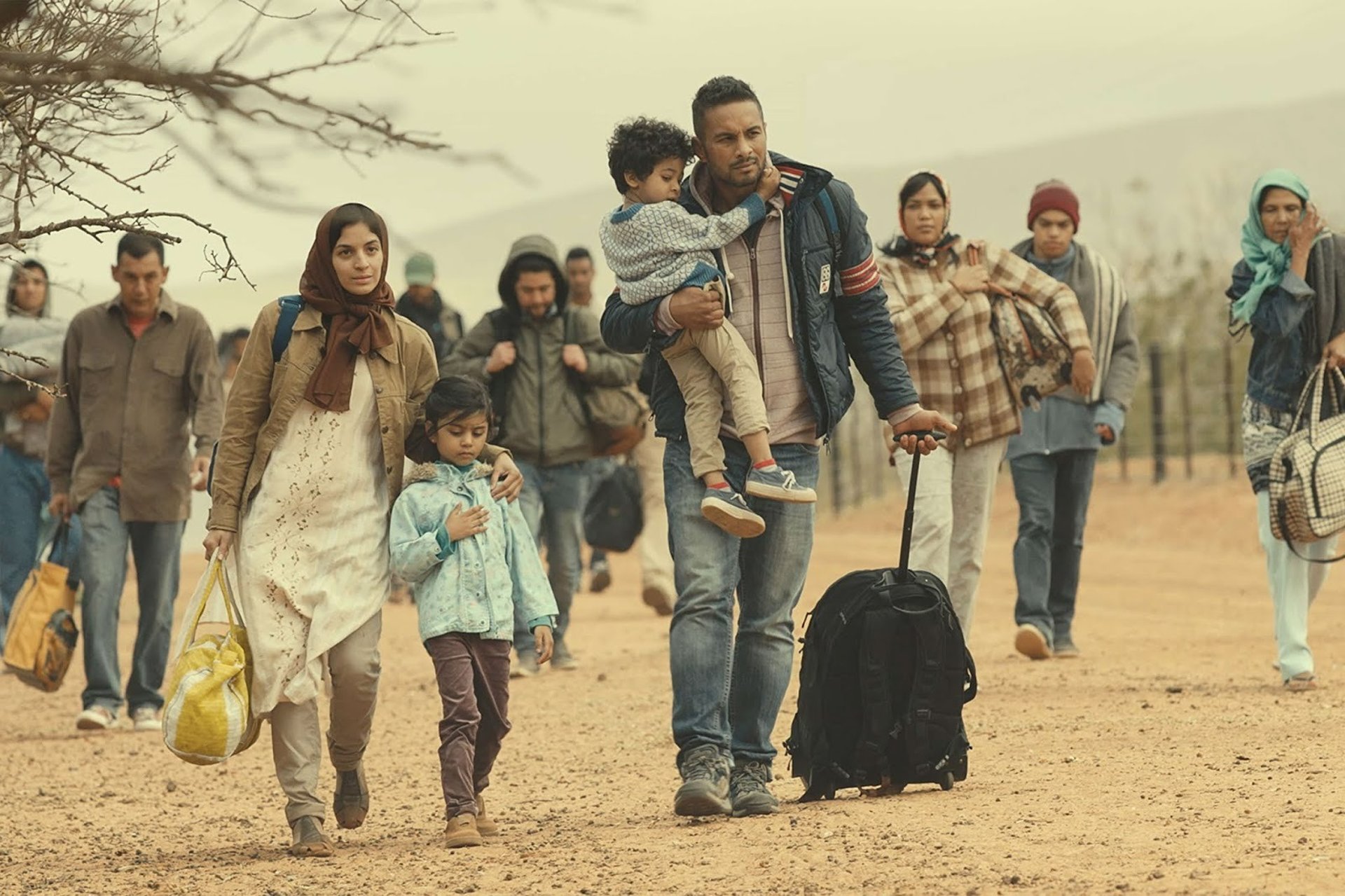
Catholic Response to Refugee Crisis
While the church might not be in full communion with larger bodies, like the Roman Catholic Church, its insistence on a rigoursly maintained succession validates its ministry.
Embracing the Stranger: A Christian Response to Migration and Refugee Crises
In our Christian pilgrimage, embracing the stranger means more than theorising compassion; it requires concrete action. It calls us to open our doors, our hearts, and our digital spaces to voices that might otherwise be marginalised. Let us take up this challenge with grace and resolve.
HOMILIES


In our interconnected world, countless souls are displaced by conflict, poverty, and the ravages of climate change. At the heart of these challenges lies a deep and transformative call to compassion—a call echoed throughout Scripture. The Bible reverberates with the imperative to care for the stranger, reminding us that every person, regardless of where they come from, is a cherished child of God.
From the Old Testament, we learn that hospitality is not merely a social nicety but a sacred duty. In Leviticus 19:34, the Lord instructs, “The stranger who resides with you shall be to you as the native among you, and you shall love him as yourself.” This command is not only an invitation to kindness but a radical reimagining of community—a community that welcomes the unfamiliar and transforms exile into belonging. Likewise, the story of Abraham, who welcomed three strangers with open arms, serves as a timeless reminder that every act of hospitality, regardless of circumstance, reflects the heart of God.
This divine invitation carries into to the New Testament. Jesus’ parable of the Good Samaritan (Luke 10:25-37) illustrates that true neighbourliness transcends borders, ethnicity, and legal boundaries. When Jesus declared, “For I was hungry and you gave me food, I was thirsty and you gave me drink...” He was speaking to the universal truth that our shared humanity binds us to one another in a tapestry of love and care. Facing today’s refugee crises, this message is more urgent than ever. Each refugee is not a statistic, but a person with dreams, memories, and the same divine spark that animates us all.
Modern migration challenges our moral imagination, as the complexities of border policies and digital surveillance intersect with ancient calls for compassion. While the global media often paints refugees as burdens, a closer reading of Scripture and the tradition of the Church invites us instead to see them as bearers of a divine story—a story of resilience, hope, and the relentless pursuit of dignity. Digital evangelisation now offers new platforms to share these stories and connect communities across continents, ensuring that localised acts of kindness resonate on a global scale.
In our Christian pilgrimage, embracing the stranger means more than theorising compassion; it requires concrete action. It calls us to open our doors, our hearts, and our digital spaces to voices that might otherwise be marginalised. Let us take up this challenge with grace and resolve. As we journey forward, may we live out the Gospel in every encounter by welcoming those in need, turning the pain of displacement into the promise of a true, inclusive community. Embrace this call—engage, educate, and extend your hands in solidarity, transforming our shared trials into a testament of enduring hope and love.
Ancient Apostolic Catholic Church
Embracing faith, inclusion, and compassionate service together.
ST THOMAS AQUINAS SEMINARY
© 2025. All rights reserved
QUICK LINKS
